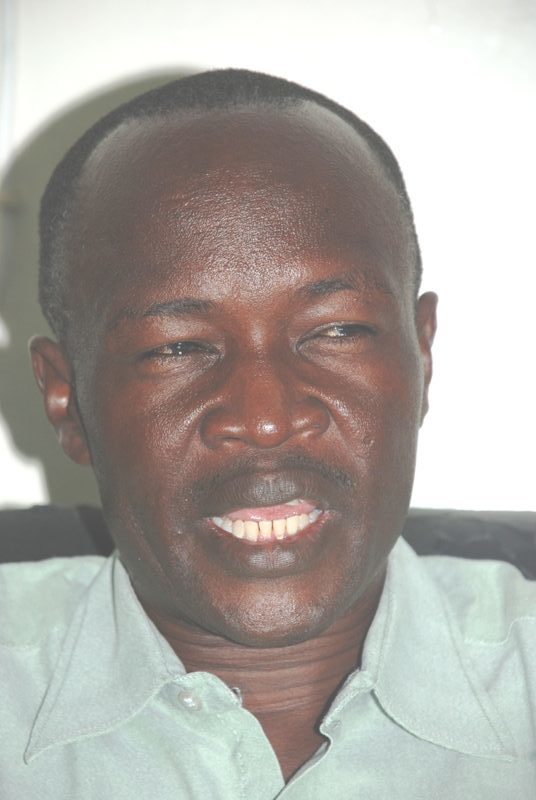
Fuel companies are often a rich lot, able to withstand the worst of onslaughts. Just how are fuel companies fairing under the current crisis arising out of the shutdown of supplies from the north. BADRU MULUMBA has a conversation with ELIABA DOUGLAS, Marketing Manager of Imatongas, one of the largest oil firms. He says the company will this week import fuel from E. Africa:-
Q. As one of, if not the largest, oil dealers in southern Sudan one would have expected that you’d withstand the crisis
Of course we can say that fuel is the dynamo of everything. Without fuel you can’t move. If there is hunger, without fuel you can’t ferry food to the people. As you know the price of commodities goes up with the price of fuel. As a company, Imatongas deals in fuel business. Our lifeline is fuel. No fuel, no business. So the scarcity of fuel has really affected us. In fact, right now, our revenues are down. Our operations are down. We are virtually doing nothing.
Q. Where do you get your fuel?
I would say nearly 100 percent from the north. It’s mostly diesel in this economy. It runs cars, generators, industries. Juba right now uses about 6 million liters of diesel per month. Ninety percent of this comes from Khartoum. Out of the 6 million litres, we are selling, I can say, about 20 per cent, a fifth of the market share of diesel.
Q. When this happened, did you foresee it? Were you warned that there would be no gas?
No reason was given. Initially, the north I think directly gave orders that the border between the north and south be closed. But that time they said the border was not closed. They said the northern traders feared the insecurity at the borders. But we later learnt that they had just been stopped. The north even gave orders to cargo planes not to ferry fuel to the south.
Q. Why not get fuel from East Africa?
We have started. In a week’s time we will get fuel from East Africa.
Q. How will that affect the cost of fuel on the market?
Of course, we have been one country, no borders, no taxes. We used to get fuel from Khartoum than from East Africa. It is easier, cheaper. The price difference is much. In Eldoret, for instance, fuel used to be at about Sudanese Pounds 2.5 even before transport, without taxation. Right now it should be about 3.5 Sudanese Pounds about, about a $1.1, before transportation.
Q. What pump price should consumers expect?
The minimum really will be about 5 Sudanese Pounds. If government removes taxes, the pump prices may go down just a bit.
Q. Do you see that, removing taxes, as a real possibility?
We don’t know. Government is the people. Me, what I pay in taxes I pass that over to the consumer. Now there are spending burdens on the country that if you removed taxes on fuel it would be hard to cover these burdens. If there are no budgetary income alternatives it wouldn’t be possible.
Q. So, should we assume that in a week’s time you would have solved a major oil crisis?
It won’t be enough now, to get from East Africa. It won’t be enough. Before the borders were closed there were a lot of fuel dealers. They would get fuel, transport it by river. Some dealers would go buy fuel, stock it and look for buyers. They undercut us, we people who pay taxes. We call them hawkers. Fuel from East Africa won’t satisfy the demand because you must transfer it again to the states. It would be expensive in Bor, and in the states, for example. We are bringing only one million liters per month.



